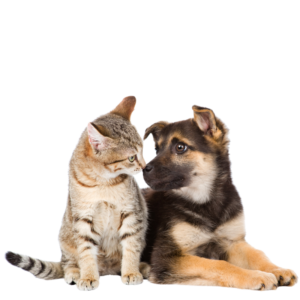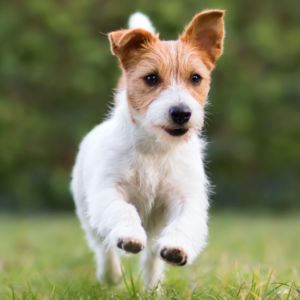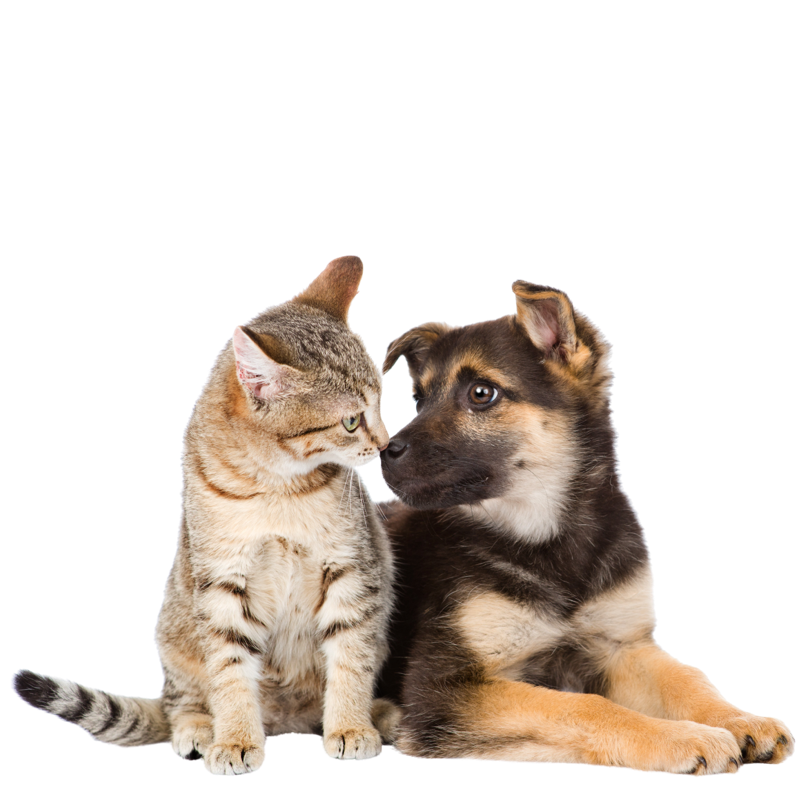Blog
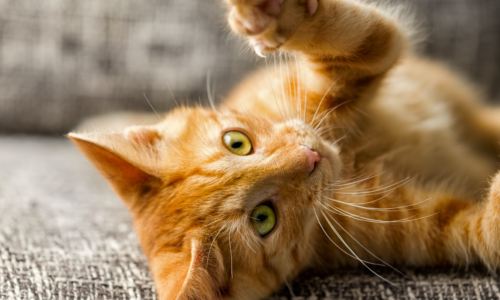
Common Toxins
As a pet owner, you want to keep your furry friend safe and healthy, but your pet’s curious nature sometimes can get them into trouble. Animals investigate the world with their mouths just like toddlers and they can ingest poisonous substances accidentally. Awareness is key to helping keep your pet...
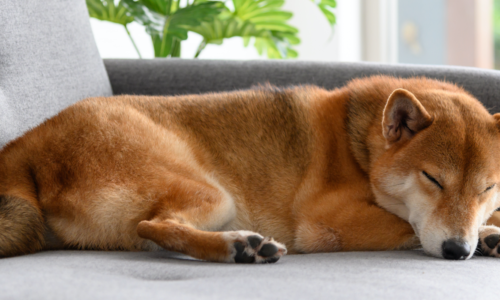
Kidney Health Awareness
FVAH is dedicated to provide awareness to help prevent and treat kidney disease! What is the function of your pets kidneys? Kidneys are an important organ that removes waste products, excess fluid from the body, produce hormones that regulate blood pressure and control calcium metabolism. There are 2 types of...
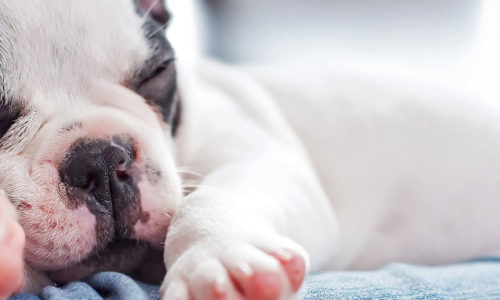
What’s In My Pet’s Poop?!?
FVAH wants to keep your whole family parasite free! Quick tips: Practice good personal hygiene Use a preventative flea and/or tick treatment year-round Minimize exposure to high-traffic pet areas Clean up pet feces regularly. Visit your veterinarian for annual testing and physical examination Administer worming medications as recommended by your...
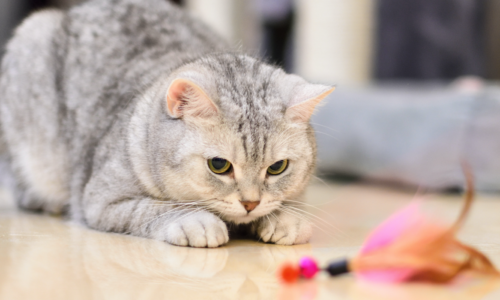
Slim Pet Program
1. What is the harm in a few extra pounds? The simple answer is because studies show fit pets live longer (an average of 2 years) and feel better. The medical answer is because fat causes inflammation and inflammation leads to serious chronic diseases such as arthritis, liver dysfunction, kidney...

